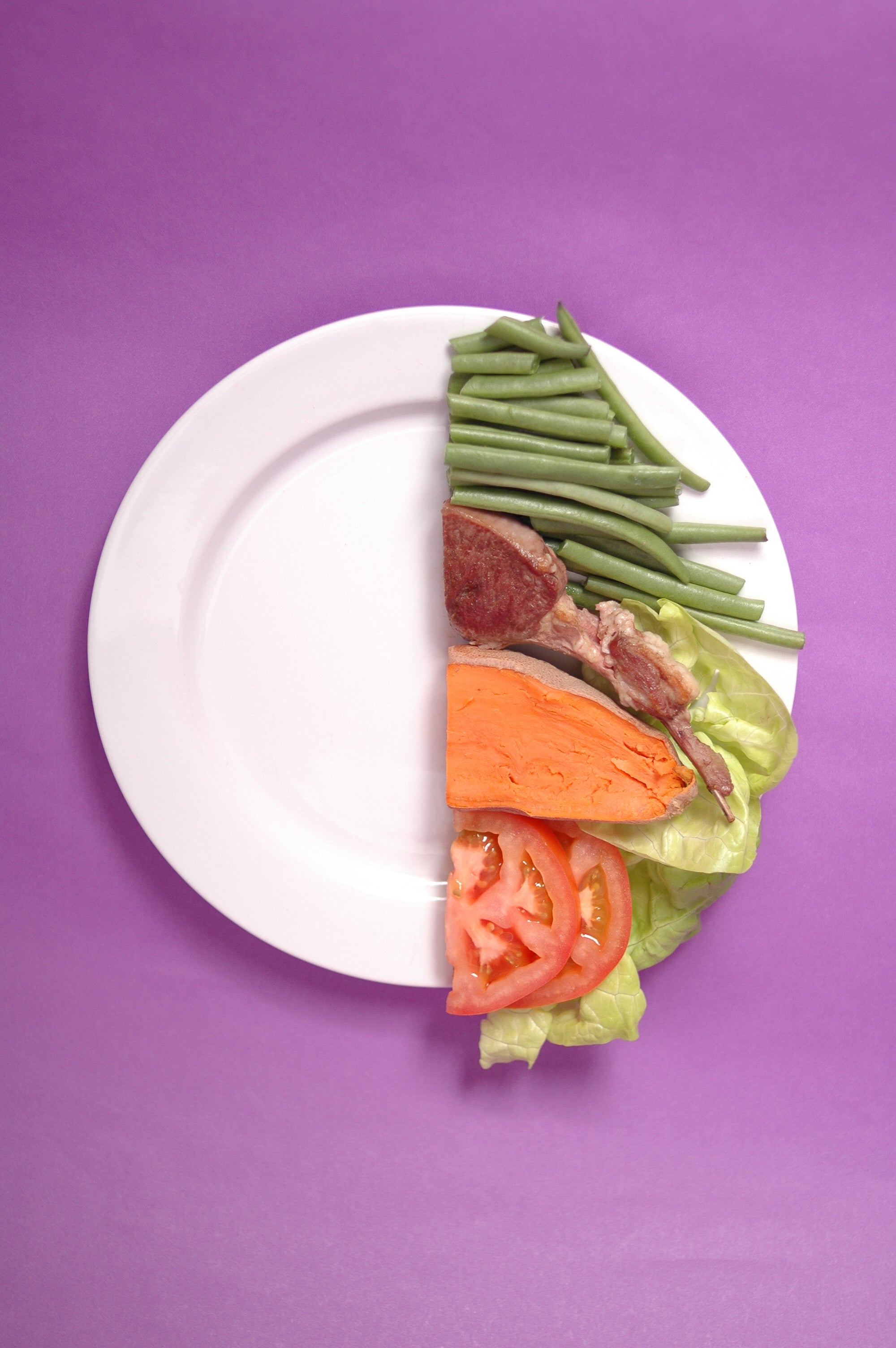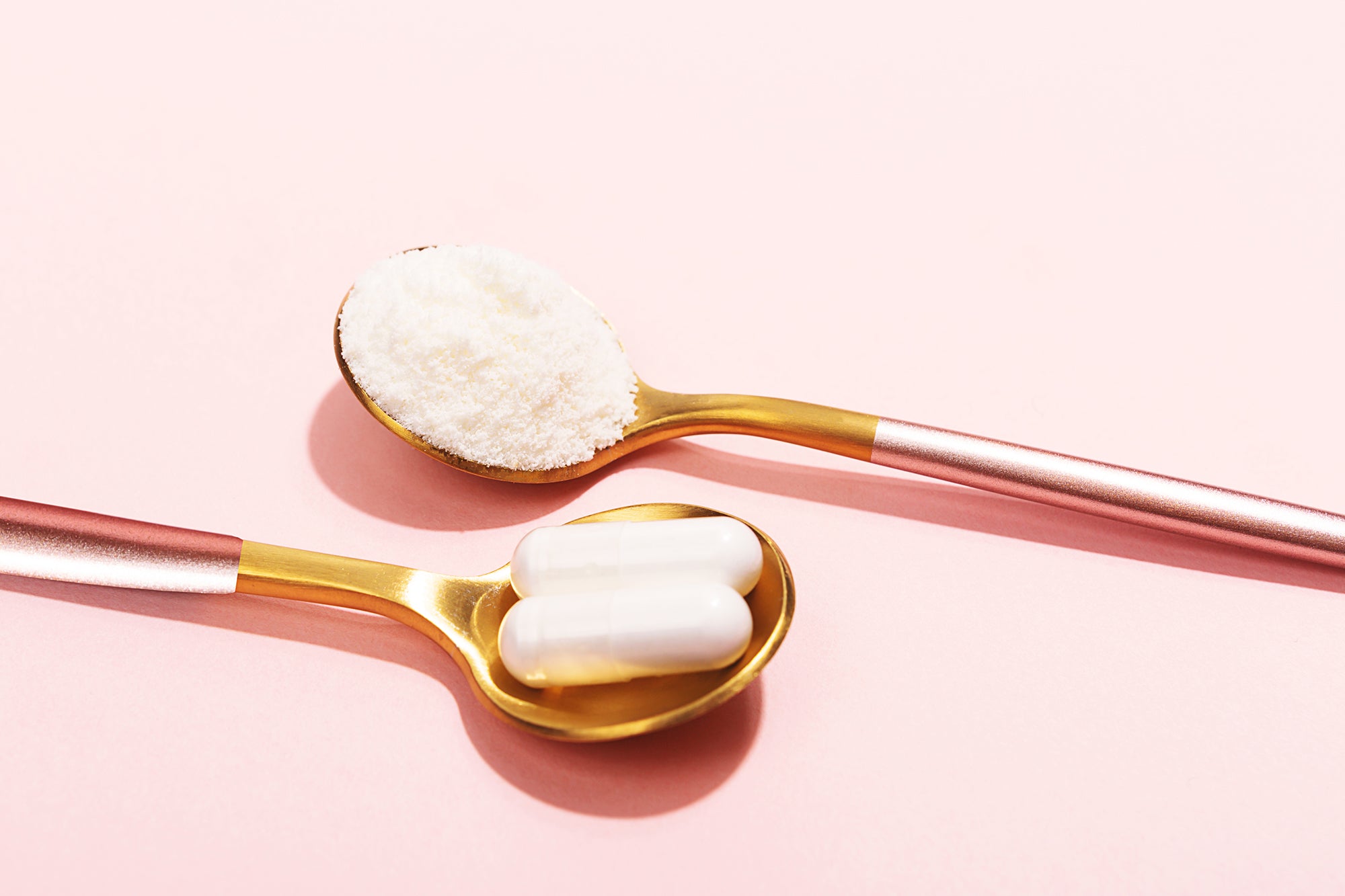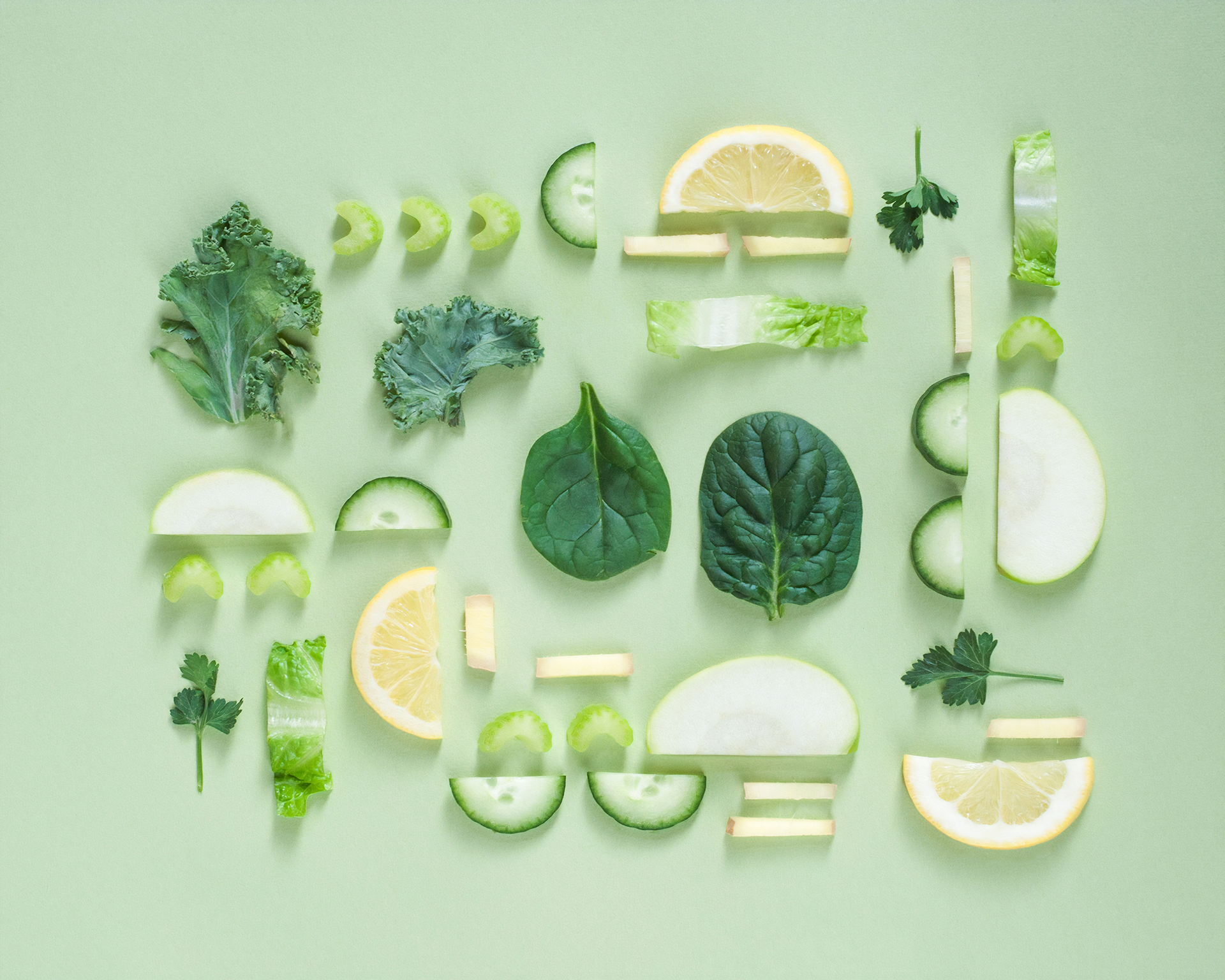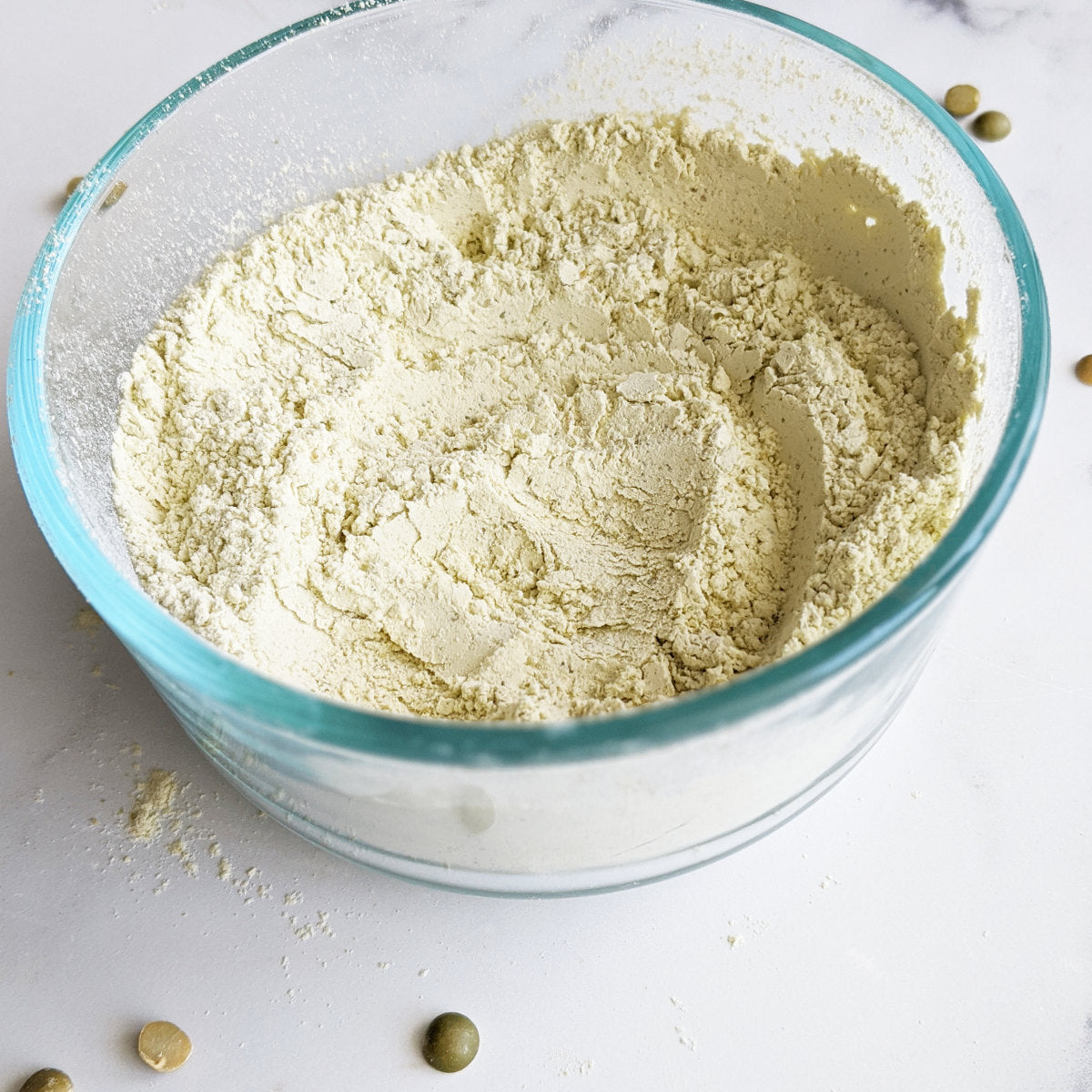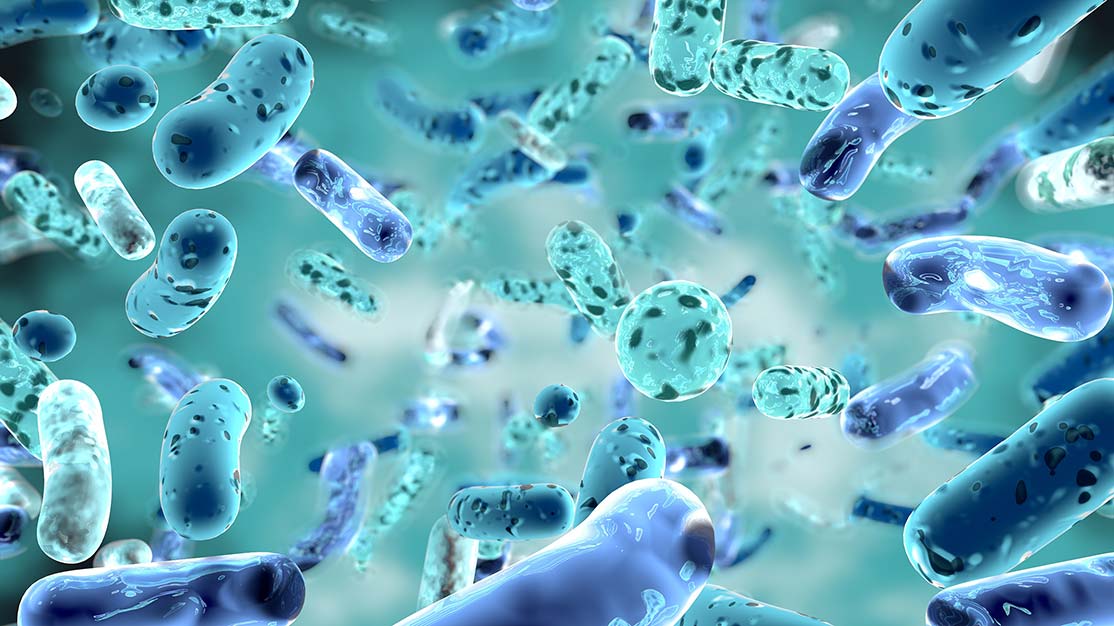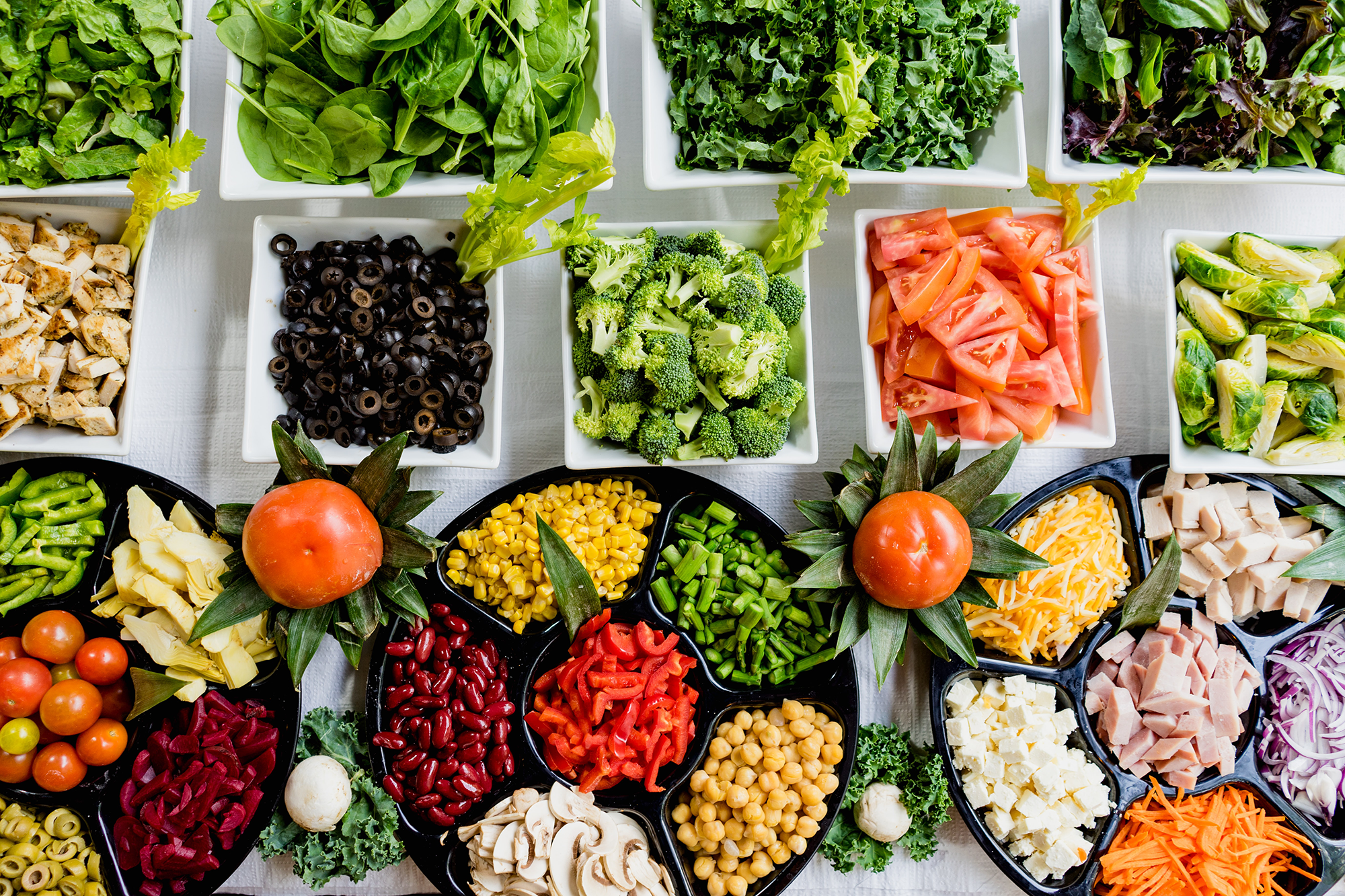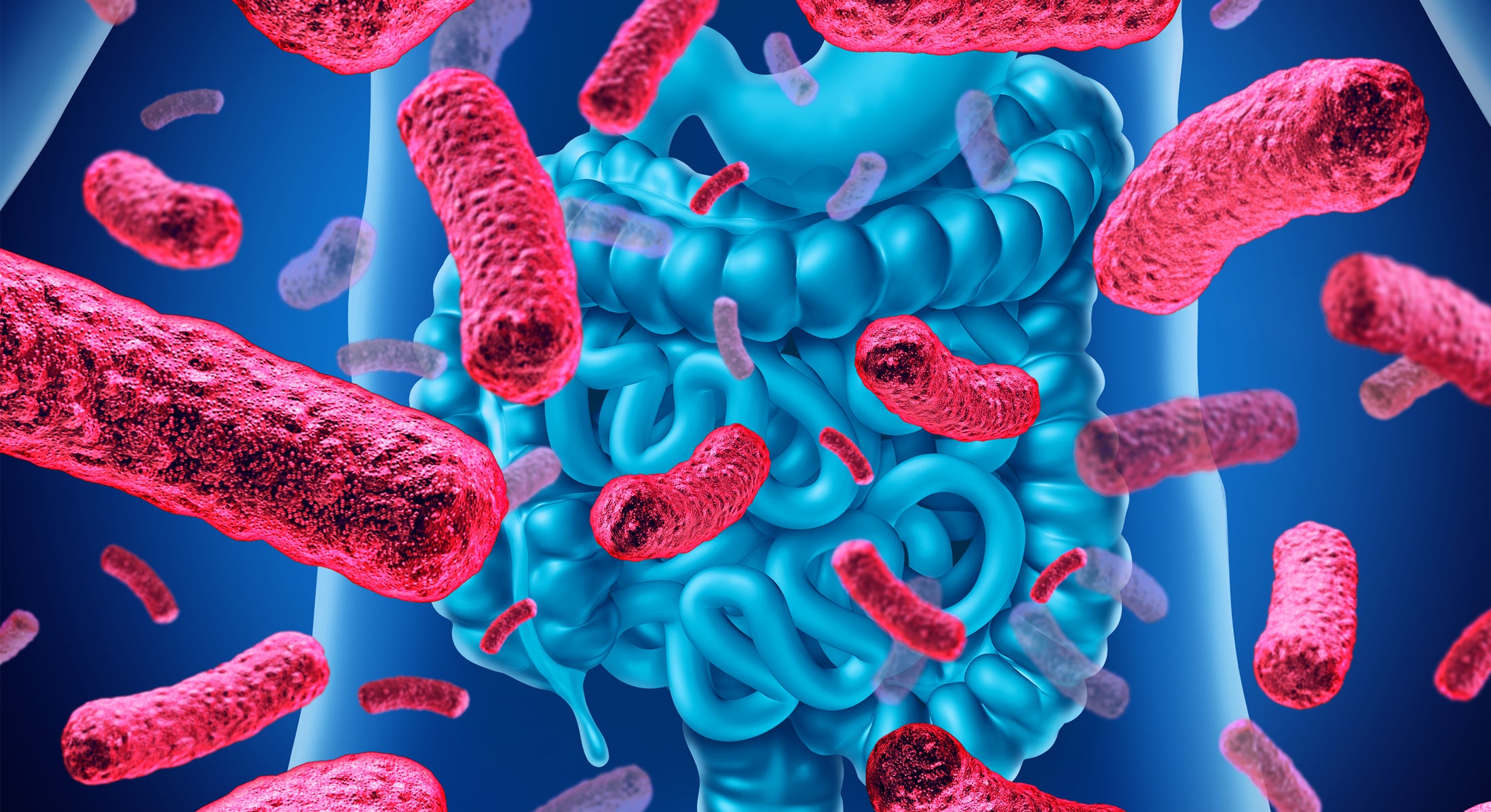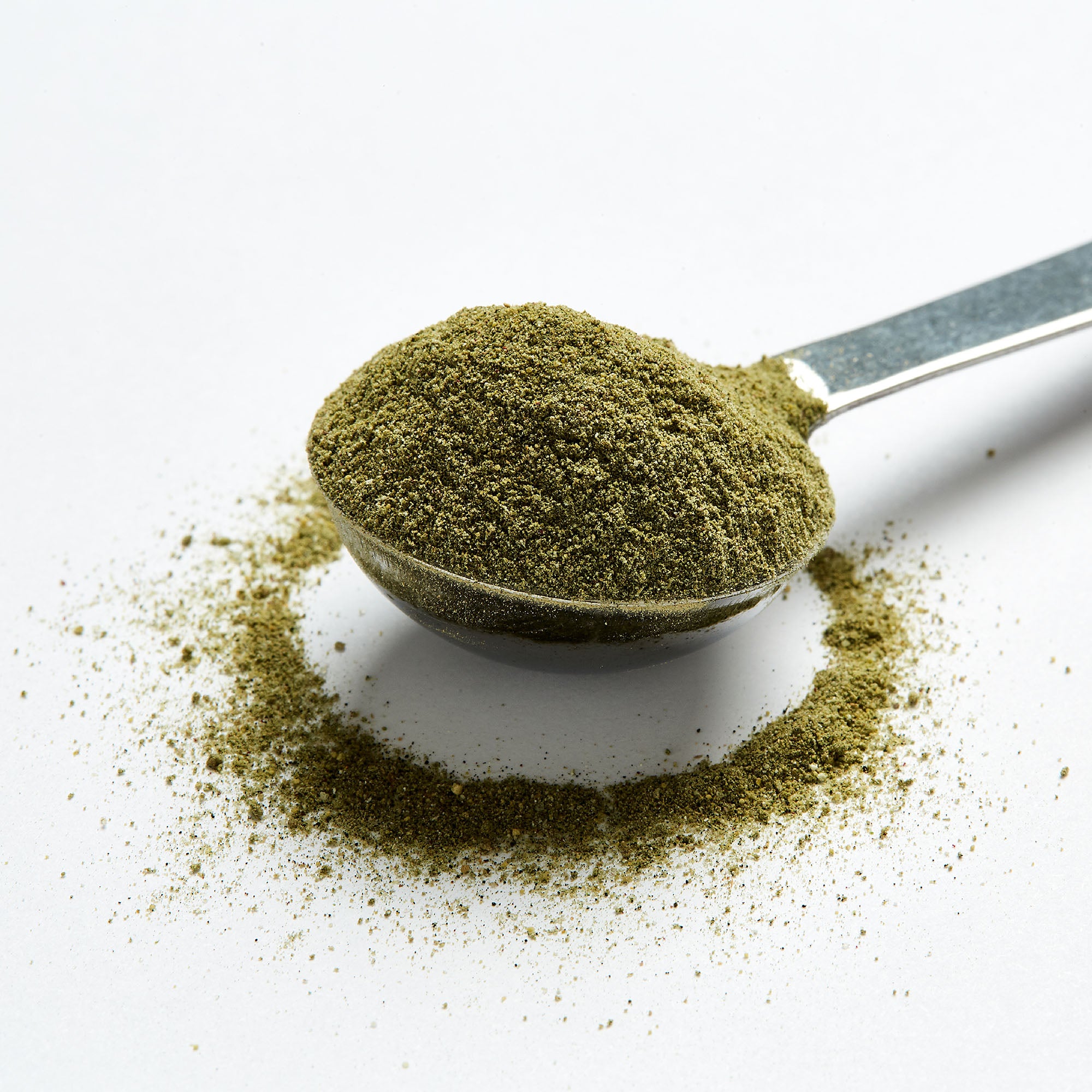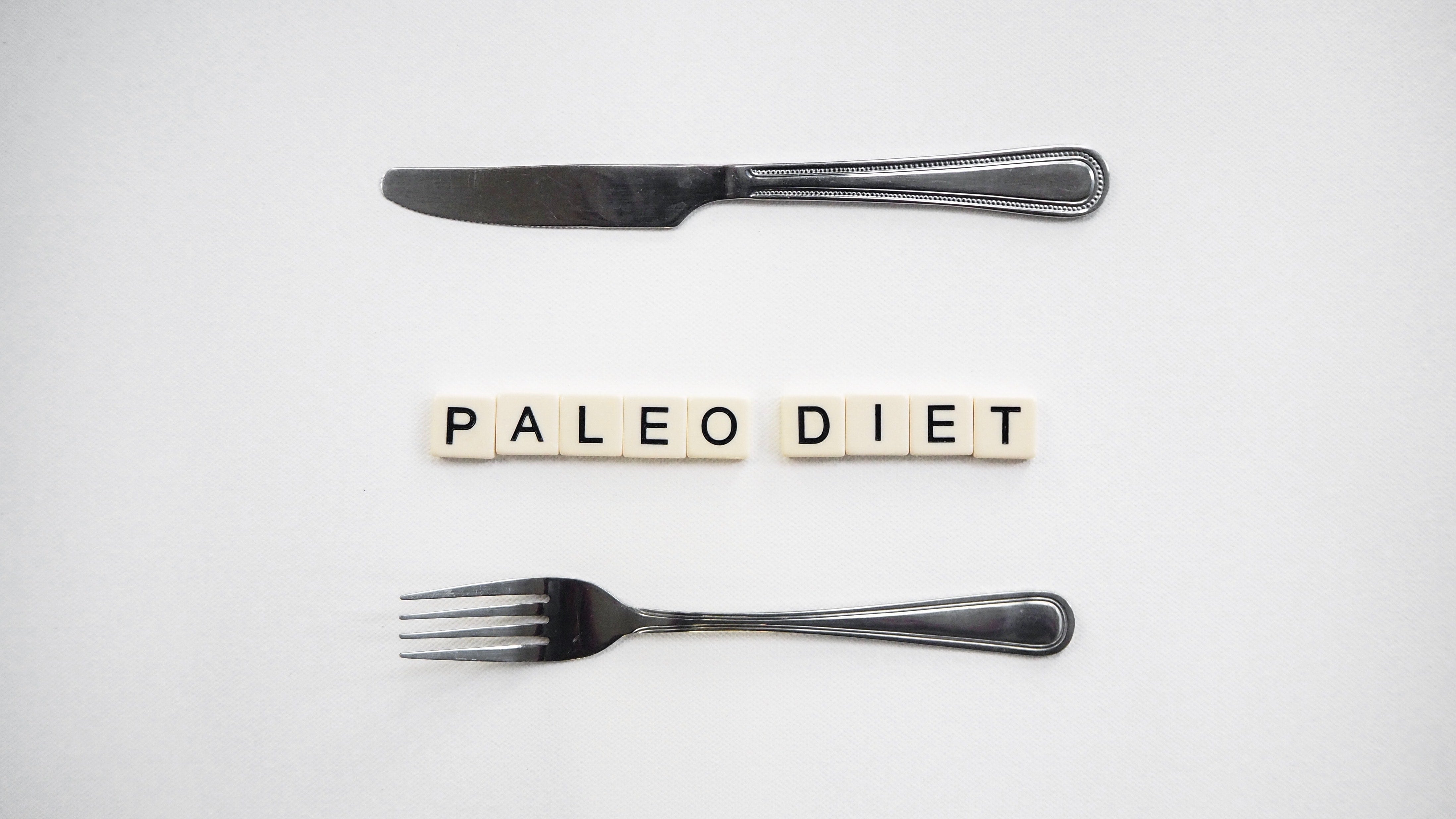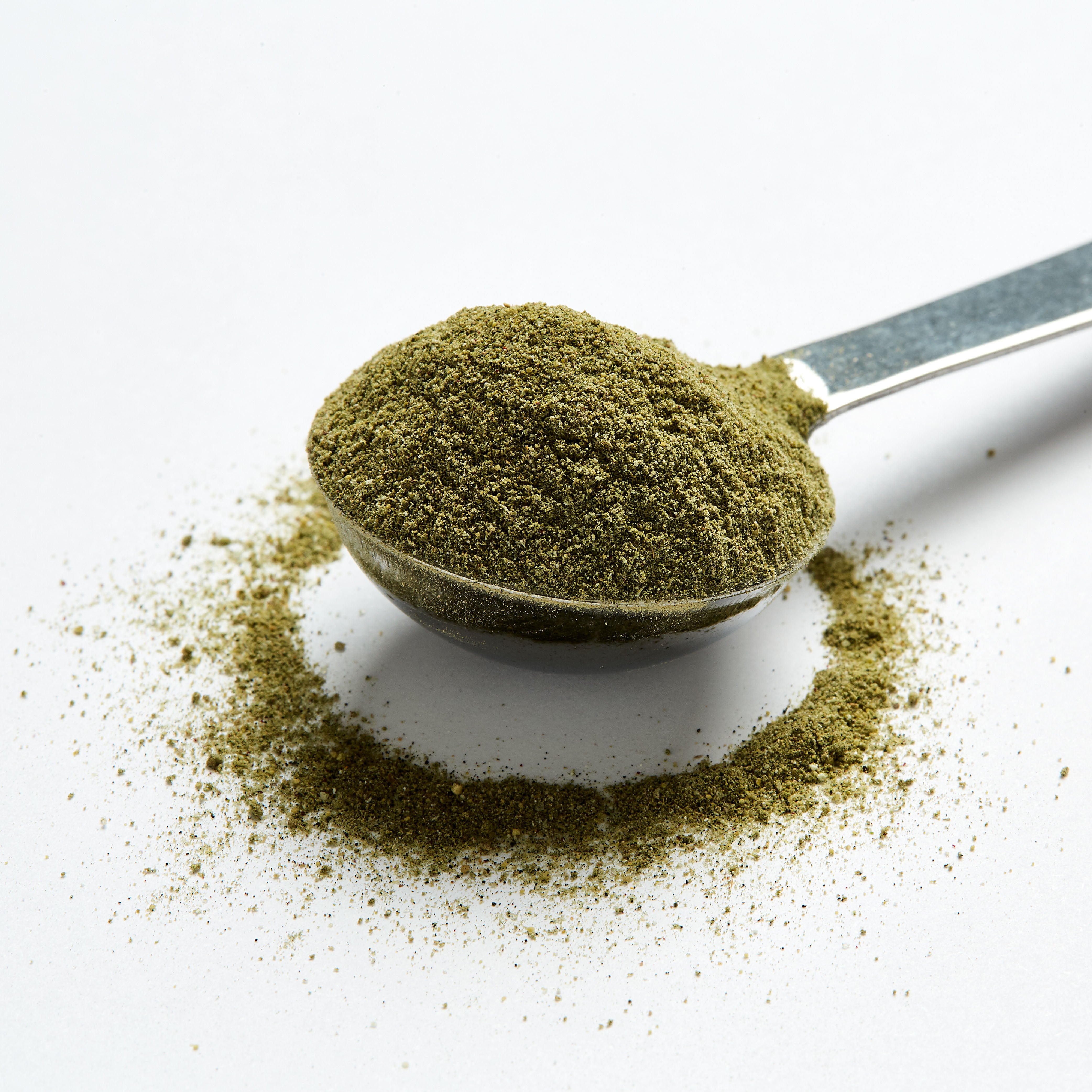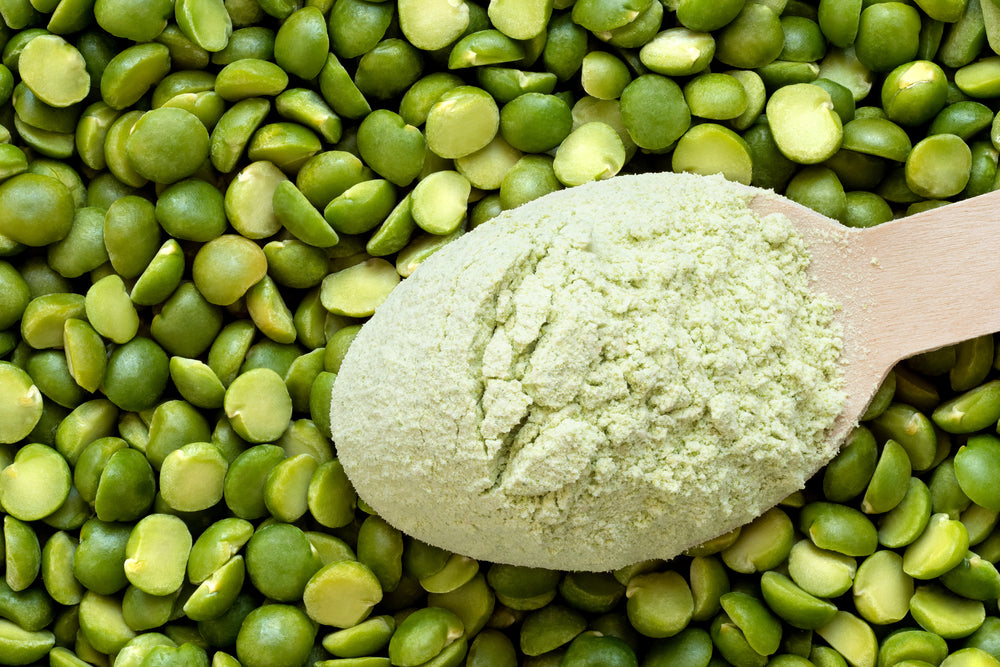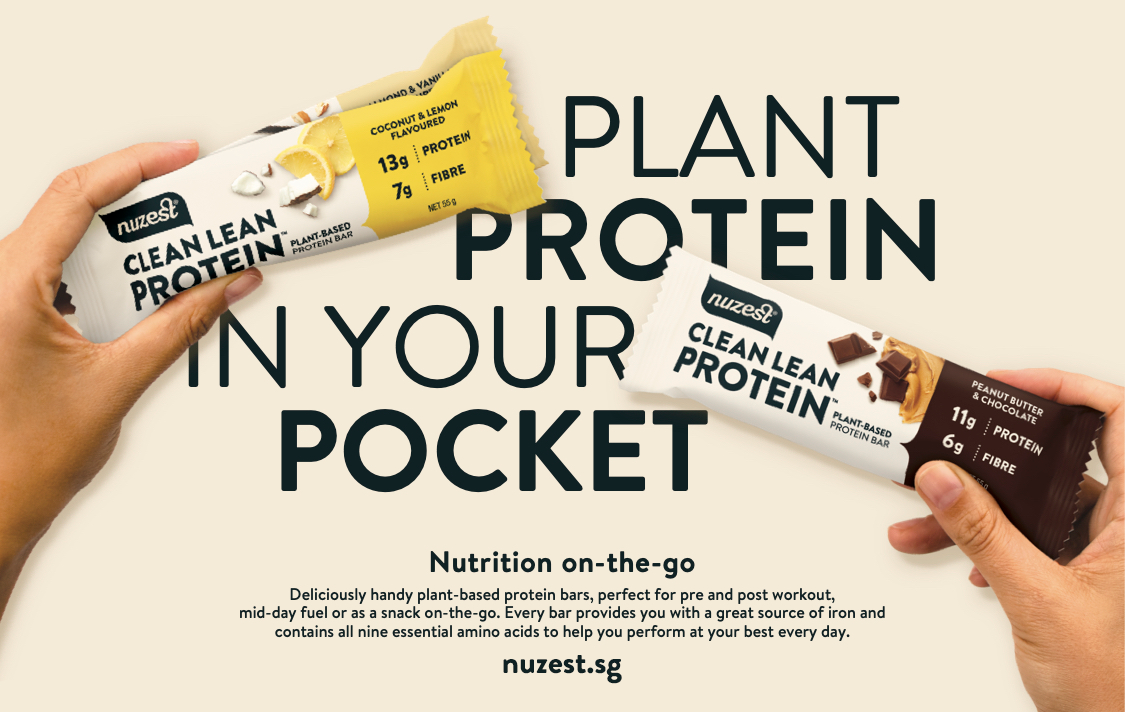And how to use nutrition to successfully reach your weight goals.
Do you find that despite your best efforts to lose weight with a weight loss diet, you find it hard to resist sweet treats? It's not uncommon that most diets fail, because most people give in to the call for sweet food.
Although we can't do much about the cravings for sweet stuff, which is normal as we shall see later, we can use nutrition to ensure that we maintain our healthy weight goals.
It's simply understanding why we behave the way we do when it comes to food and eating. After-which, it's a matter of making small changes so that we develop eating habits that support a sustainable, long term weight loss.
THE SUGAR TEMPTATION
Ever felt the need order dessert, even though you're stuffed from your main meal? Or when standing at the dessert section of a buffet, you can't resist piling your plate with one serving of every cake, cookie, ice cream flavour or waffle offered?
Relax, you're perfectly normal! It's part of our evolutionary programming to want to feast, especially on sweet items - in the hunter-gatherer days, sweet foods were scarce in nature, so when humans came across these, they ate as much as they could and stored the excess calories to help them get through leaner times. They didn't care about diets or weight control then, it was all about surviving through winter or times when there wasn't sufficient food.
In present times, humans have easy access to an abundance and wide variety of fresh food. These types of food easily supply our bodies with the necessary nutrients that our bodies need for health.
Despite this, the urge to load up on energy still remains, thanks to the genetic programming that we possess since our hunter-gatherer ancestors: the body knows how to react to survive famines but not through feasts. This is what draws us towards foods that are high in calories or refined carbohydrates, because they are converted quicker by the body into the various types of energy that the body seeks.
The next question is: why can't we simply eliminate sugar from our meals?
Like other stimulants such as alcohol and cigarettes, sugar is a stimulant. If you've stopped eating sugar for any length of time, you may notice that your palate changes and you stop craving for sweet food. However, should you give in to sugar again after a period of abstinence, you will find it harder to resist it.
This is why many weight loss diets fail, from giving in to sugary food.
Now, this may seem like a tiny infraction. However, overindulging in foods loaded with sugar can lead to increasing rates of chronic disease. Let's look at how this happens.
THE HEAVY PRICE OF SUGAR
When we eat simple or refined carbohydrates, insulin is produced by our body. Known as the energy storage hormone, insulin's job is to ensure that our blood sugar levels are balanced so that our energy levels are consistent. It does so by signalling to the body to store energy as either triglycerides (from carbohydrates) or glycogen (from fat).
Our body needs triglycerides, glycogen, as well as amino acids to function well. Too much of one type of energy tips the balance in the body, and can result in negative consequences for our health and weight.
When there is too much sugar in our body, insulin tells the body to predominantly burn sugar (a form of carbohydrate) instead of fat for energy. Since our body is built to deal with sugary foods on occasion rather than as a regular occurrence, the body can develop insulin resistance when it is constantly bombarded with foods high in sugar.
Increased sugar intake means the pancreas has to pump more insulin to regulate the excess glucose. However, the body can only sustain a certain number of insulin receptors for each cell, and hence the amount of glucose taken in by the insulin receptors. So the higher workload literally lead to less sensitivity and glucose uptake by the insulin receptors, which leads to insulin resistance over time.
When this happens, the body is unable to extract glucose from the blood for energy. When the body's muscles have no energy to function, the brain shuts down the body's desire to be active so that it can conserve energy. As you can tell, this is counterproductive to any weight loss program.
Additionally, when there is too much glucose in the blood on a daily basis, the liver becomes the only organ that can get rid of the excess sugar, as it doesn't require insulin to do so. This isn't ideal as it stresses the liver and affects weight loss goals.
Glucose or sugar is converted into triglycerides in the liver. They are then stored in adipose tissues, which is a collection of fat cells and most commonly seen as unwanted weight in hard-to-shift places such as the waistline, thighs, butt. These fat cells are left in storage and are harmless, until they are needed as a fuel source. However, this is not a source that will be accessed, if the body is flooded with sugar or processed, refined carbohydrates on a daily basis.
Adding on to that, higher glucose levels leads to more fat cells created, and more fat cells deposited in the body. Do you see the ongoing cycle?
MAKE YOUR DIET WORK WITH FOOD
The good news is that this cycle can be broken, and with food, no less. The idea is to shift your food choices from process, refined carbohydrates and sugary foods to fresh, unprocessed food choices. This will give the body a larger variety of energy sources to meet its energy needs, and reduce the desire for sugary foods.
A good way to begin is by incorporating the Nuzest range of Clean Lean Protein 100% natural vegetable protein that is low in carbohydrates and fat. So the body gets energy from essential amino acids.
Once you give your body more sources of energy, which are also natural, your body will gradually reduce its dependence on sugar for energy, which will allow it to return to balance once more.
Article by Patricea Chow


